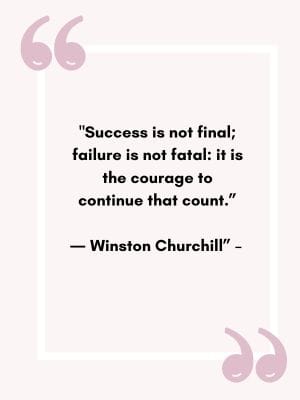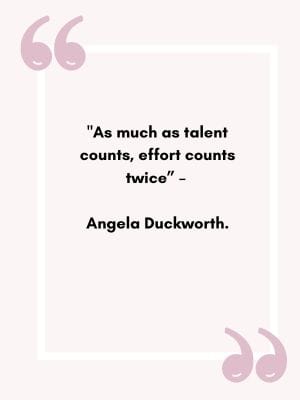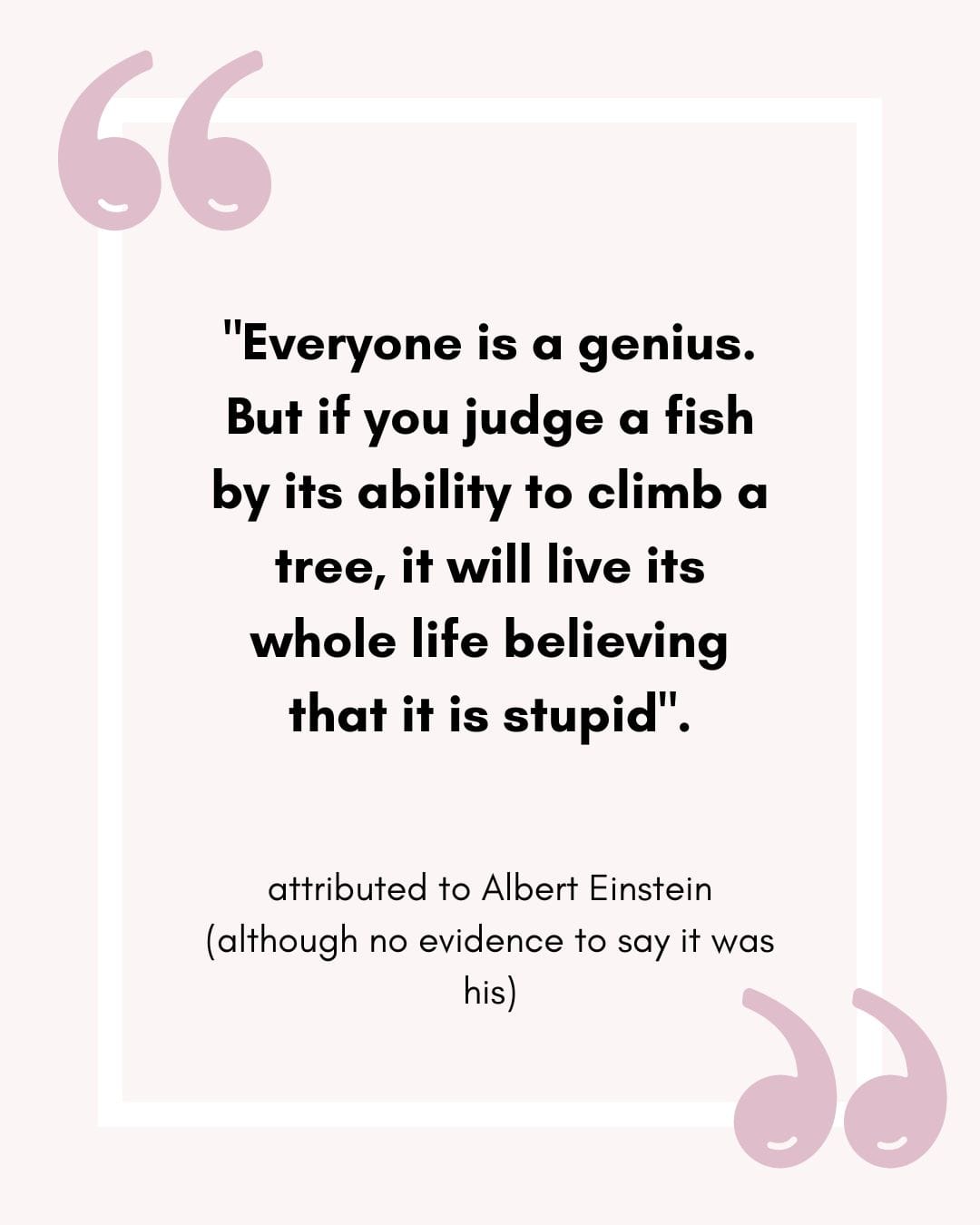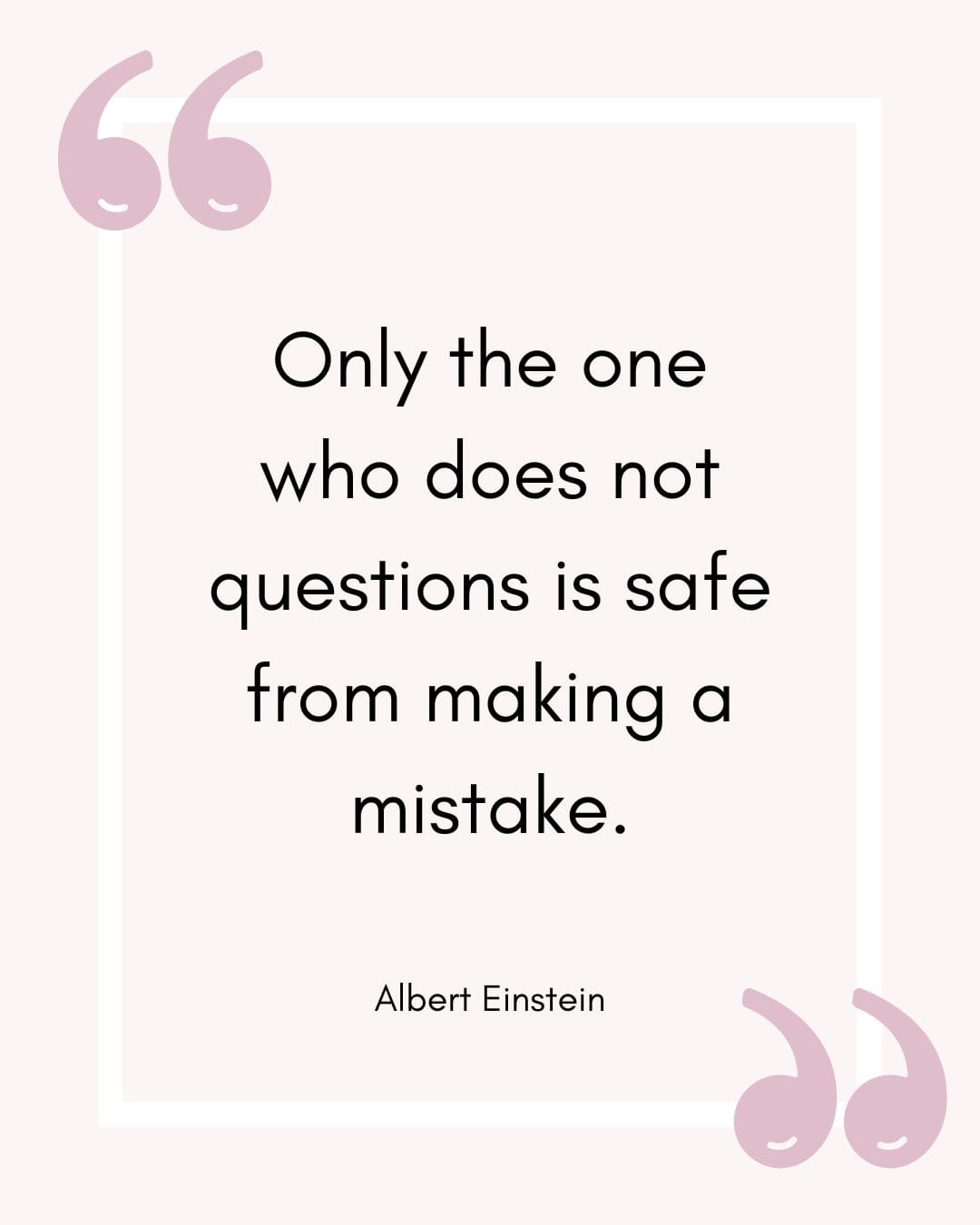Last week, I received a message that was, let’s say, enthusiastic in pointing out that I’d been a bit remiss in singing the praises of the teaching within the Early Years Foundation Stage (EYFS) and I had indeed glossed over each stage while I covered the school choice rather than what went on in it. So, armed with my strongest cup of tea and a generous helping of humility, I’m here to set the record straight.
Teaching EYFS is not for the faint-hearted. In Dubai, it’s even more of an adventure, as early years teachers often wear multiple hats—roles that, back in the UK, might be shared with health visitors or community support workers. Here, they’re the front-line warriors for families. Need help with your little one’s emotional outbursts? EYFS teachers are your people. Struggling with boundaries or unlocking your child’s inner Picasso? They’ve got your back. And let’s not forget, they’re the ones gently breaking the news that no, your toddler probably won’t be running MI6 by next week (but give them time—EYFS teachers are eternal optimists who believe nothing is impossible).
The EYFS curriculum is, quite frankly, a masterpiece. It’s not just ABCs and 123s; it’s about nurturing the whole child. Every day is a symphony of play and discovery, where children build critical skills without even realizing they’re learning. Communication and Language is one of the cornerstones, where EYFS teachers guide children from babbling to brilliance. They teach them to listen, express ideas, and confidently share their thoughts, whether they’re negotiating over who gets the last block or recounting an exciting story. Then there’s Physical Development. While you might see children scaling the climbing frame, your child’s teacher sees future Olympians mastering gross motor skills or budding surgeons honing fine motor precision as they carefully paint inside the lines—well, mostly inside.
Personal, Social, and Emotional Development is another essential piece of the puzzle. Sharing toys, waiting for their turn, and working in teams may seem like small things to us, but for young minds, they’re monumental milestones. It’s emotional gymnastics, and EYFS teachers are the gold-medal coaches cheering them on. These social and emotional skills form the foundation for a lifetime of healthy relationships and resilience.
But EYFS doesn’t stop there. Your teachers sprinkle a little extra magic with the specific areas of learning. Literacy isn’t just about letters and sounds—it’s about unlocking entire worlds. Whether your child is “reading” their first picture book or scribbling wobbly letters, they’re laying the groundwork for lifelong adventures. Mathematics, meanwhile, is where future problem-solvers are born. Counting blocks or sorting shapes might look like child’s play, but it’s the first step toward skills that could someday calculate rocket trajectories—or at least figure out how to fairly divide pizza slices.
Understanding the world is an actual curriculum aim and it turns EYFS classrooms into mini laboratories of discovery. Teachers nurture little Einsteins as they explore science, history, and culture, whether they’re building bridges from blocks or marvelling at how caterpillars transform into butterflies. Expressive Arts and Design is where imagination reigns supreme. From singing songs about dinosaurs to sculpting spaghetti masterpieces, children discover the joy of creation and the power of self-expression.
Of course, it’s not always smooth sailing. For children still learning English, every task becomes an extra challenge. But with patience, creativity, and a pinch of teacher magic, these little ones thrive, navigating new sounds and words with growing confidence. Watching them grow and succeed is one of the many rewards that keep EYFS teachers going.
And let’s not forget the superheroes behind it all. To teach EYFS, you need to be part Sherlock Holmes (detecting passions and potential), part Mary Poppins (because let’s face it, a spoonful of sugar does help), and part hostage negotiator (getting toddlers to tidy up takes serious skill). On top of that, you’ll need the patience of a saint and the stamina of an ultramarathon runner.
An EYFS teacher’s day is a whirlwind of profound moments and sheer hilarity. One minute, they’re nurturing the characteristics of effective learning—teaching children to play, explore, think critically, and stay motivated. The next, they’re unsticking someone’s jumper from the art easel or mediating a very serious dispute over a very important blue crayon. Through it all, they see the spark of learning in those little eyes, the magic of a child figuring out how the world works, one tiny step at a time.
So, for anyone wondering what EYFS teachers actually do all day, the answer is simple: they do a bit of everything, and they do it with love, creativity, and a fair amount of coffee. It’s not just teaching; it’s shaping the next generation of confident, curious, and compassionate humans. And honestly? There’s no better job in the world. After all, it’s in EYFS that the love of learning truly begins. If you ever doubt their skill just remember COVID lockdown as always mums have a brilliant glitter filled week ahead. We have a long weekend and then it’s the slippery slope to Christmas.









